By Sara J. Powell, Attorney and David Wolf, Attorney
Published by Child Injury Lawyer Network
 In Arizona and other states, children are the unfortunate victims of drownings. Some die from the drownings. Many others suffer brain damage and other injuries that can last a life time. Many people are mistaken to believe that the survival from a drowning means that there are no future problems. For parents like Angie Thomas, it is quite a different story. Her son, Ryan Thomas, was a normal 2 year old boy who loved to play. One day, Ryan got over a wall and into a neighbor’s pool. Ryan suffered a near drowning incident that left him with medical problems and complications that are still being treated to this day. Ryan, who is now 5 years old, is enrolled in special education kindergarten class and receives therapy for the injuries related to the near drowning incident.
In Arizona and other states, children are the unfortunate victims of drownings. Some die from the drownings. Many others suffer brain damage and other injuries that can last a life time. Many people are mistaken to believe that the survival from a drowning means that there are no future problems. For parents like Angie Thomas, it is quite a different story. Her son, Ryan Thomas, was a normal 2 year old boy who loved to play. One day, Ryan got over a wall and into a neighbor’s pool. Ryan suffered a near drowning incident that left him with medical problems and complications that are still being treated to this day. Ryan, who is now 5 years old, is enrolled in special education kindergarten class and receives therapy for the injuries related to the near drowning incident.
 Child Injury Lawyer Blog
Child Injury Lawyer Blog


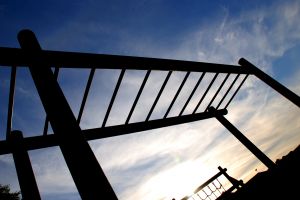 Arizona child care facilities / day care centers must comply with regulations and procedures set forth in the Arizona Administrative Code (AAC) Title 9 Health Services – Chapter 5 – Department of Health Services – Child Care Facilities. Pursuant to Section R9-5-604 – AAC – Outdoor Activity Areas, a child care facility / day care center has a duty to provide a playground or outdoor activity area for children enrolled in the day care program. A day care operator should not place the outdoor play activity in an area that requires children to cross a parking lot or street unless the operator obtains written approval from the Department. In addition, operators have a duty to enclose the outdoor play area / playground with a fence that is a minimum of 4 feet high and secured to the ground. A proper fence will help prevent children from wandering out of the secured play area. The playground area shall be maintained in a manner that protects the health, safety, and welfare of the children. Many personal injuries result from improper or inadequate ground services. As such, Arizona law requires that a child care facility have a shock absorbing rubber material or, in the alternative, 6 inches of of a nonhazardous material like loose sand or wood chips under swing sets and other play equipment. These materials help cushion falls and, thereby, help prevent personal injuries to children playing in the playground area.
Arizona child care facilities / day care centers must comply with regulations and procedures set forth in the Arizona Administrative Code (AAC) Title 9 Health Services – Chapter 5 – Department of Health Services – Child Care Facilities. Pursuant to Section R9-5-604 – AAC – Outdoor Activity Areas, a child care facility / day care center has a duty to provide a playground or outdoor activity area for children enrolled in the day care program. A day care operator should not place the outdoor play activity in an area that requires children to cross a parking lot or street unless the operator obtains written approval from the Department. In addition, operators have a duty to enclose the outdoor play area / playground with a fence that is a minimum of 4 feet high and secured to the ground. A proper fence will help prevent children from wandering out of the secured play area. The playground area shall be maintained in a manner that protects the health, safety, and welfare of the children. Many personal injuries result from improper or inadequate ground services. As such, Arizona law requires that a child care facility have a shock absorbing rubber material or, in the alternative, 6 inches of of a nonhazardous material like loose sand or wood chips under swing sets and other play equipment. These materials help cushion falls and, thereby, help prevent personal injuries to children playing in the playground area.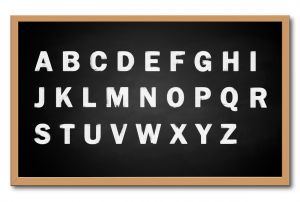 Arizona child care facilities / day care centers must comply with regulations and procedures set forth in the Arizona Administrative Code (AAC) Title 9 Health Services – Chapter 5 – Department of Health Services – Child Care Facilities. Pursuant to Section R9-5-40 – Staff-to-Children Ratios AAC, a licensee has a duty to staff the child care facility according to prescribed staff to children ratios to comply with the child care regulations. Facilities that are compliant with staff ratio standards typically have a better record of supervision. Many personal injuries and tragedies take place in day care centers that are understaffed. Facilities that violate staff to children ratios often times violate other standards that help promote and ensure proper supervision of children in the day care setting.
Arizona child care facilities / day care centers must comply with regulations and procedures set forth in the Arizona Administrative Code (AAC) Title 9 Health Services – Chapter 5 – Department of Health Services – Child Care Facilities. Pursuant to Section R9-5-40 – Staff-to-Children Ratios AAC, a licensee has a duty to staff the child care facility according to prescribed staff to children ratios to comply with the child care regulations. Facilities that are compliant with staff ratio standards typically have a better record of supervision. Many personal injuries and tragedies take place in day care centers that are understaffed. Facilities that violate staff to children ratios often times violate other standards that help promote and ensure proper supervision of children in the day care setting. Arizona child care facilities / day care centers must comply with regulations and procedures set forth in the Arizona Administrative Code (AAC) Title 9 Health Services – Chapter 5 – Department of Health Services – Child Care Facilities. Pursuant to
Arizona child care facilities / day care centers must comply with regulations and procedures set forth in the Arizona Administrative Code (AAC) Title 9 Health Services – Chapter 5 – Department of Health Services – Child Care Facilities. Pursuant to 
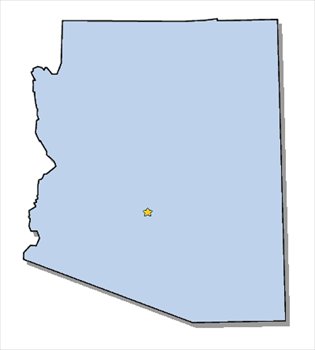
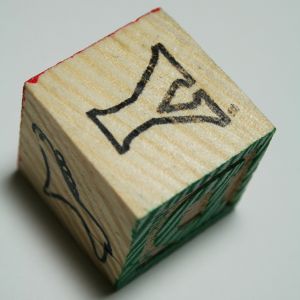

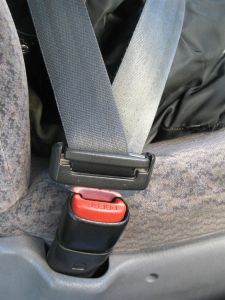
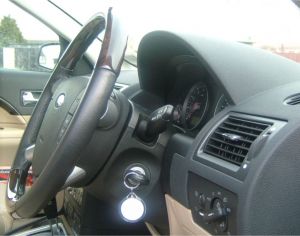 Texting while driving has become a major safety issue for teens and adults alike glued to their telephones while driving. Talking on a mobile phone can be distracting in that the driver’s mind is occupied with the conversation rather than the road, other drivers, bicyclists, and pedestrians. Texting is a bigger problem because drivers are looking at the mobile phone screen. Texting can be blamed for a number of deadly automobile crashes during the past few years including the following:
Texting while driving has become a major safety issue for teens and adults alike glued to their telephones while driving. Talking on a mobile phone can be distracting in that the driver’s mind is occupied with the conversation rather than the road, other drivers, bicyclists, and pedestrians. Texting is a bigger problem because drivers are looking at the mobile phone screen. Texting can be blamed for a number of deadly automobile crashes during the past few years including the following: